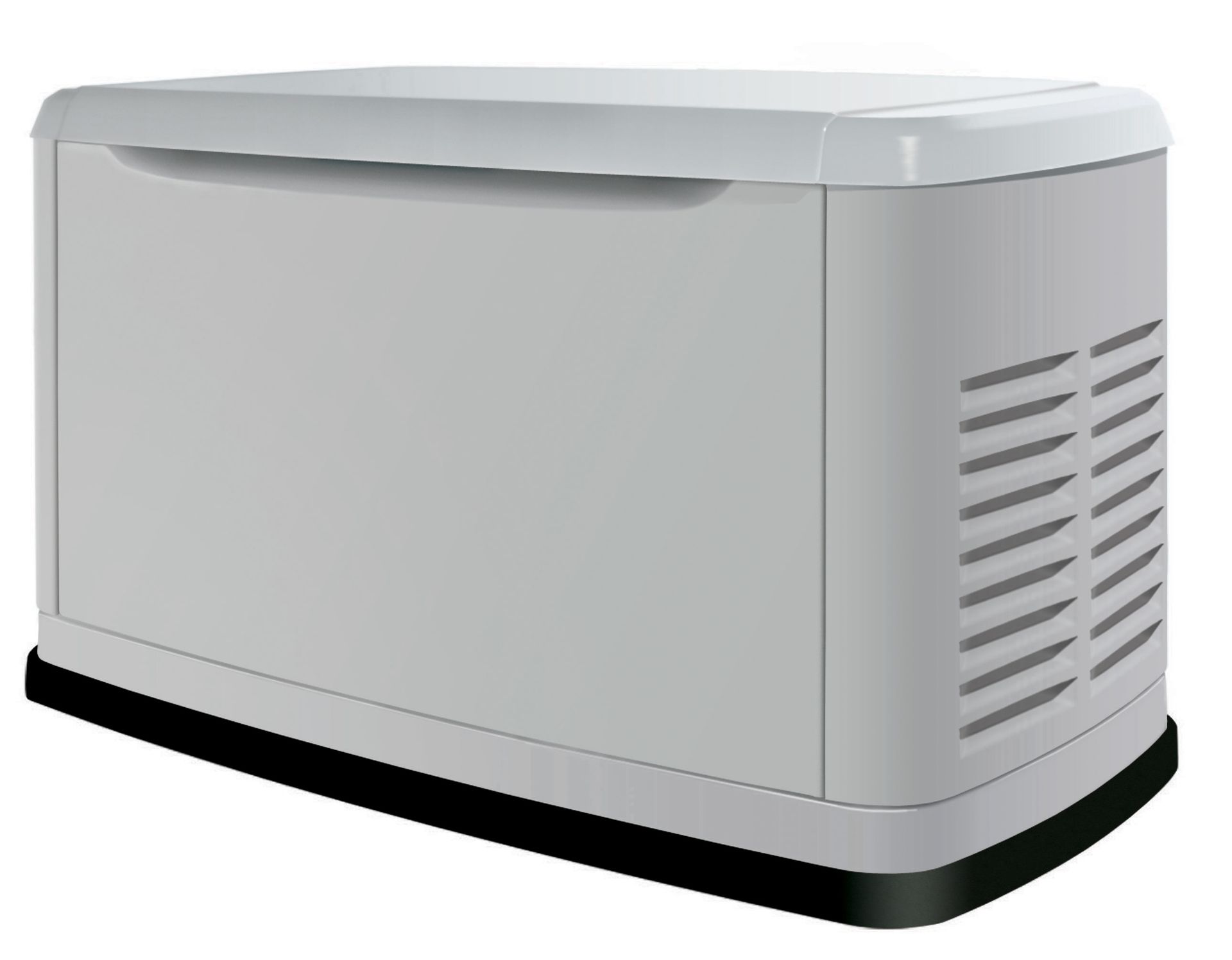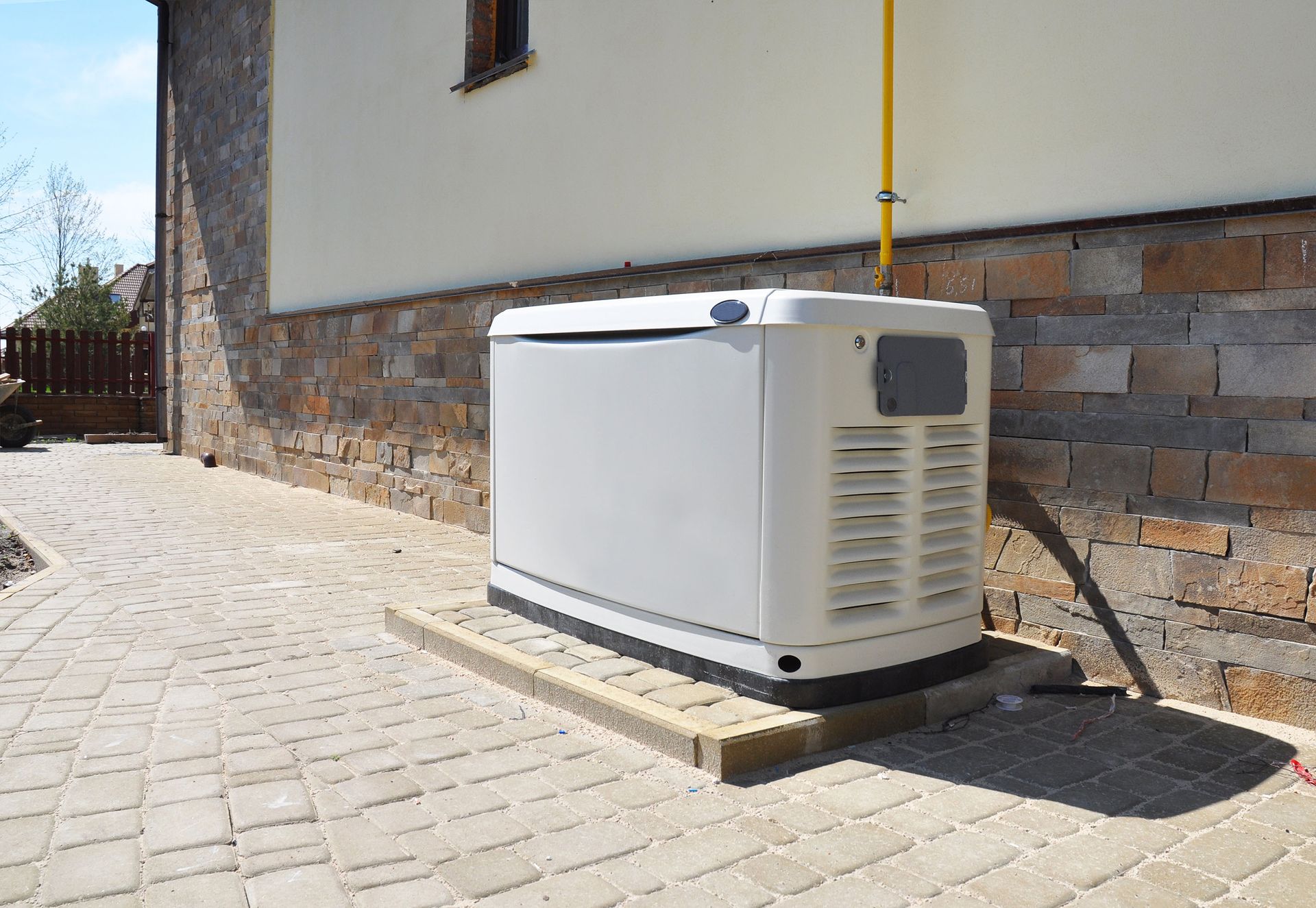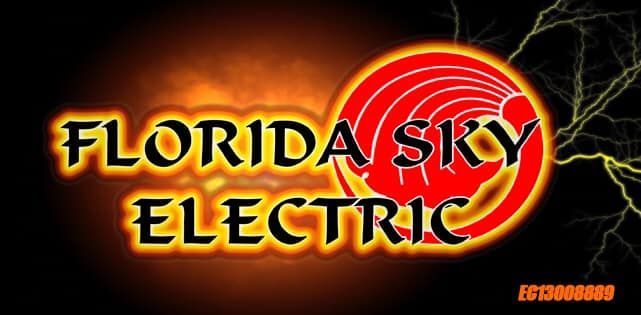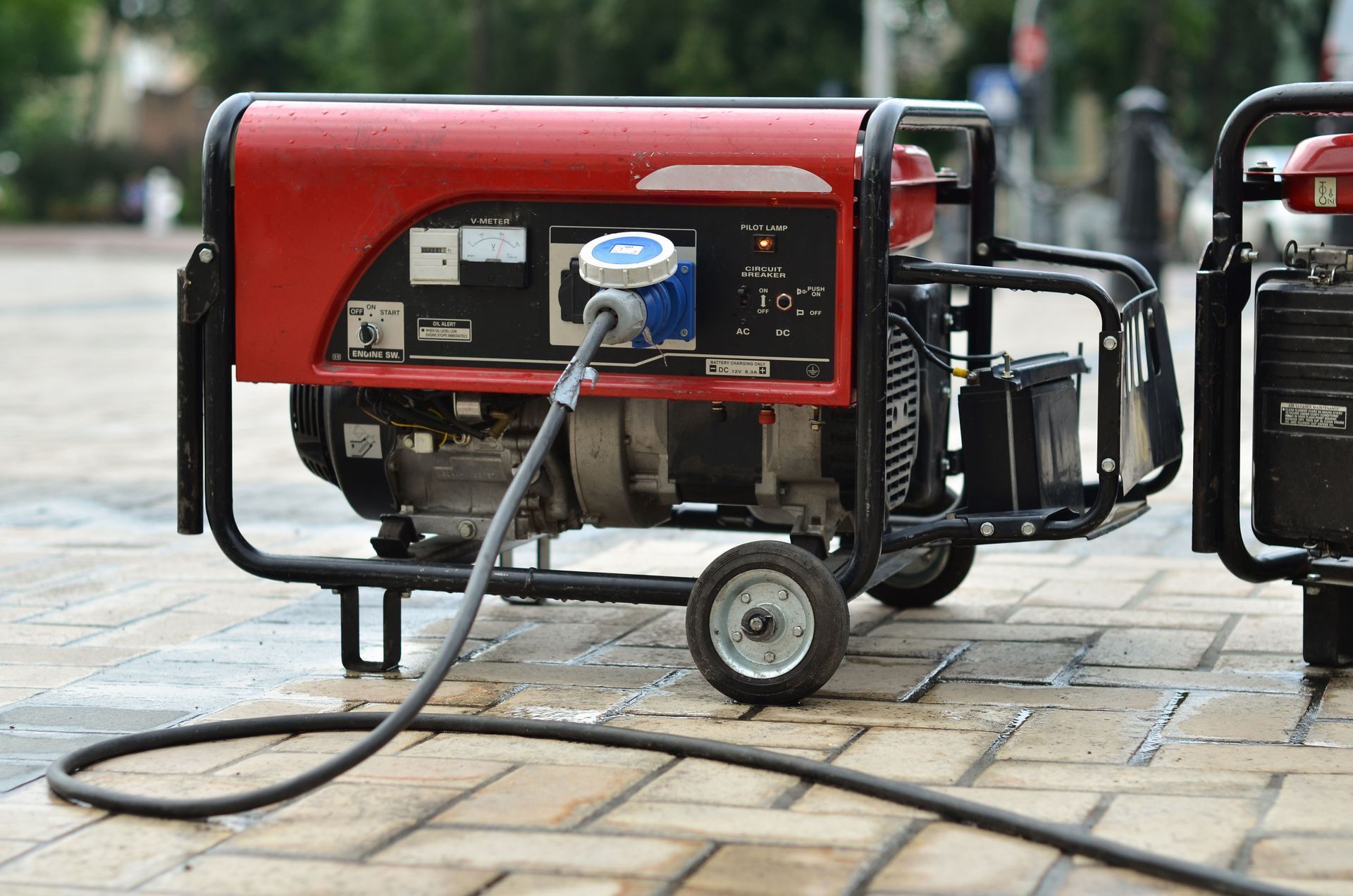October 24, 2025
Power outages can disrupt daily life, leaving homes vulnerable and causing stress. From keeping refrigerators running to maintaining HVAC systems and powering medical devices, uninterrupted electricity is essential. Whole house generators provide a reliable solution, offering seamless backup power during emergencies. These systems automatically engage when utility power fails, ensuring comfort, safety, and convenience for homeowners. 1. Understanding Whole-house Generators Whole-house generators are permanent installations connected to a home's electrical system. Unlike portable generators, which require manual setup and can only power limited appliances, whole house generators automatically start during outages and supply power to the entire home. They're typically fueled by natural gas or propane, allowing extended operation during prolonged outages. According to This Old House, generally, a 20 kW generator is adequate to supply power to the majority of a home's electrical needs, from HVAC systems to refrigerators, lighting, and electronics. The main differences between whole-house and portable generators are capacity, automation, and convenience. Portable units are mobile, smaller, and suitable for short-term needs. Whole-house generators are stationary, integrated into your electrical panel, and use automatic transfer switches for seamless operation. They also tend to be quieter and more efficient, minimizing disruption and environmental impact. Whole-house generators come in diesel, natural gas, propane, and hybrid models. Diesel units are robust and long-lasting but require more maintenance. Natural gas units are convenient, with a steady municipal supply, while propane units are clean-burning and flexible. Hybrid generators combine multiple fuel options, providing adaptability and long-term reliability. Inverter-style units now offer quieter operation and cleaner electricity suitable for sensitive electronics. 2. Evaluating Your Power Needs Before choosing whole house generators, it's crucial to assess your home's energy requirements. Start by listing essential systems like HVAC, refrigeration, lighting, and communication devices. Then include secondary appliances, such as washing machines and dishwashers. Remember that some devices draw extra power when starting, such as air conditioners, so factor in startup wattage. Using these calculations ensures you select a generator with adequate capacity. Mapping out wattage needs prevents overloading and ensures all critical systems function smoothly during outages. Prioritize appliances that are essential for safety, comfort, and health. This includes HVAC systems, refrigerators, medical equipment, lighting, and security devices. Internet routers, phone chargers, and other communication tools can also be critical in emergencies. Categorizing devices as essential, secondary, or optional helps manage loads efficiently. Home size, appliance efficiency, geographic location, and seasonal climate variations influence power requirements. Larger families or older appliances may increase energy needs, while extreme weather can drive continuous HVAC usage. Planning for potential home expansions or additional devices ensures your generator remains sufficient for future demands. 3. Customizing and Future-proofing Your Generator Choosing the right generator size ensures reliable operation without overspending. A professional assessment of total and peak energy demands helps identify the optimal capacity. Oversized units are costly, while undersized units may fail during high-demand situations. Load management devices can help prioritize essential systems, allowing critical appliances to run uninterrupted while less essential devices cycle on and off efficiently. Working with licensed electricians or certified generator installers ensures safe and efficient integration into your home's electrical system. Professionals can recommend necessary auxiliary equipment, assist with permits, and guarantee code compliance. Their guidance ensures your generator operates smoothly and safely, while also helping homeowners avoid common installation mistakes and potential hazards. Future-proofing involves selecting a system that accommodates potential expansions, new appliances, or lifestyle changes. Choosing a slightly larger generator or a hybrid model allows scalability. Integrating smart technology, such as remote monitoring or adaptive load management, enhances long-term efficiency, provides detailed usage insights, and ensures your investment remains valuable for years to come. 4. Preparing and Installing Your Generator Site selection is essential for performance and safety. Generators should be placed on stable, level platforms with adequate ventilation, away from windows, doors, and vents to prevent exhaust hazards. Protective enclosures and raised platforms can help shield equipment from wind, rain, snow, and potential flooding. Noise-reducing measures may also be considered to minimize disruption. Additionally, ensuring proper clearance around the generator allows for easier maintenance access and reduces the risk of debris interfering with operation. Generator installations must comply with local building codes, zoning laws, noise ordinances, and environmental regulations. Securing the proper permits and scheduling inspections ensures legal compliance and safety. Working with experienced installers can simplify this process and help navigate varying municipal requirements. They can also advise on optimal placement relative to landscaping, driveways, and property lines, ensuring both functionality and aesthetic integration. Professional installation guarantees a safe, reliable system. Certified electricians or generator specialists can integrate transfer switches, configure load management, and provide guidance on long-term maintenance. Verify credentials, insurance, and customer reviews before selecting a provider. Clear communication about costs, timelines, and warranties ensures a smooth installation experience, while careful planning and professional oversight prevent common installation mistakes that can affect performance and safety. 5. Maintaining Your Whole-house Generator Regular maintenance keeps generators operational when needed. Key tasks include oil and filter changes, battery checks, fuel system inspections, and transfer switch testing. Seasonal maintenance, particularly before winter or hurricane season, ensures reliable performance during high-risk periods and can help identify potential issues before they lead to costly repairs. Many modern whole house generators feature remote monitoring. Homeowners can track operational status, fuel levels, and diagnostics via smartphones or online platforms. Real-time alerts allow quick intervention, reducing downtime and preventing minor issues from becoming major problems. Some systems also offer usage reports and maintenance reminders, helping homeowners stay proactive and organized. Advances in generator technology improve efficiency, noise control, and environmental impact. Upgrading components or retrofitting older units with smart features ensures compatibility with evolving energy systems. Staying informed about these advancements can increase longevity and performance, while also optimizing energy use and providing additional convenience for homeowners managing multiple devices. 6. Highlighting the Benefits of Whole-house Generators Whole-house generators offer safety, reliability, and convenience that portable alternatives can't match. They maintain critical systems during outages, ensuring HVAC operation, refrigeration, medical equipment functionality, and essential lighting. Families gain comfort and security, even during extended power failures. Automatic operation provides peace of mind, eliminating the need for manual setup. This seamless functionality is especially valuable in regions prone to storms, hurricanes, or grid instability. Additionally, professionally installed generators enhance property value, making homes more appealing to buyers who prioritize preparedness. Beyond safety and comfort, whole house generators help prevent secondary issues caused by outages. For instance, continuous power prevents frozen pipes, water damage from sump pump failures, and food spoilage, saving homeowners time and money. These systems can also integrate with smart home technologies, providing remote monitoring, adaptive load management, and notifications of any performance issues. Whole-house generators protect families, preserve homes, and ensure uninterrupted power during emergencies. Their combination of safety, convenience, and long-term value makes them a smart investment for any homeowner seeking reliability and peace of mind. Whole-house generators are essential for homeowners seeking uninterrupted power and peace of mind. By evaluating your home's energy needs, choosing the right system, and working with certified professionals, you can ensure reliable operation during any outage. These systems provide safety, convenience, and long-term property value, making them a strategic investment. At Florida Sky Electric Inc, we specialize in the installation, maintenance, and service of whole house generators . Our expert team helps homeowners select the right capacity, manage permits, and maintain optimal performance. Protect your home and family by investing in a professional whole-house generator today. Contact us to get started and stay powered, no matter what.






Share On: